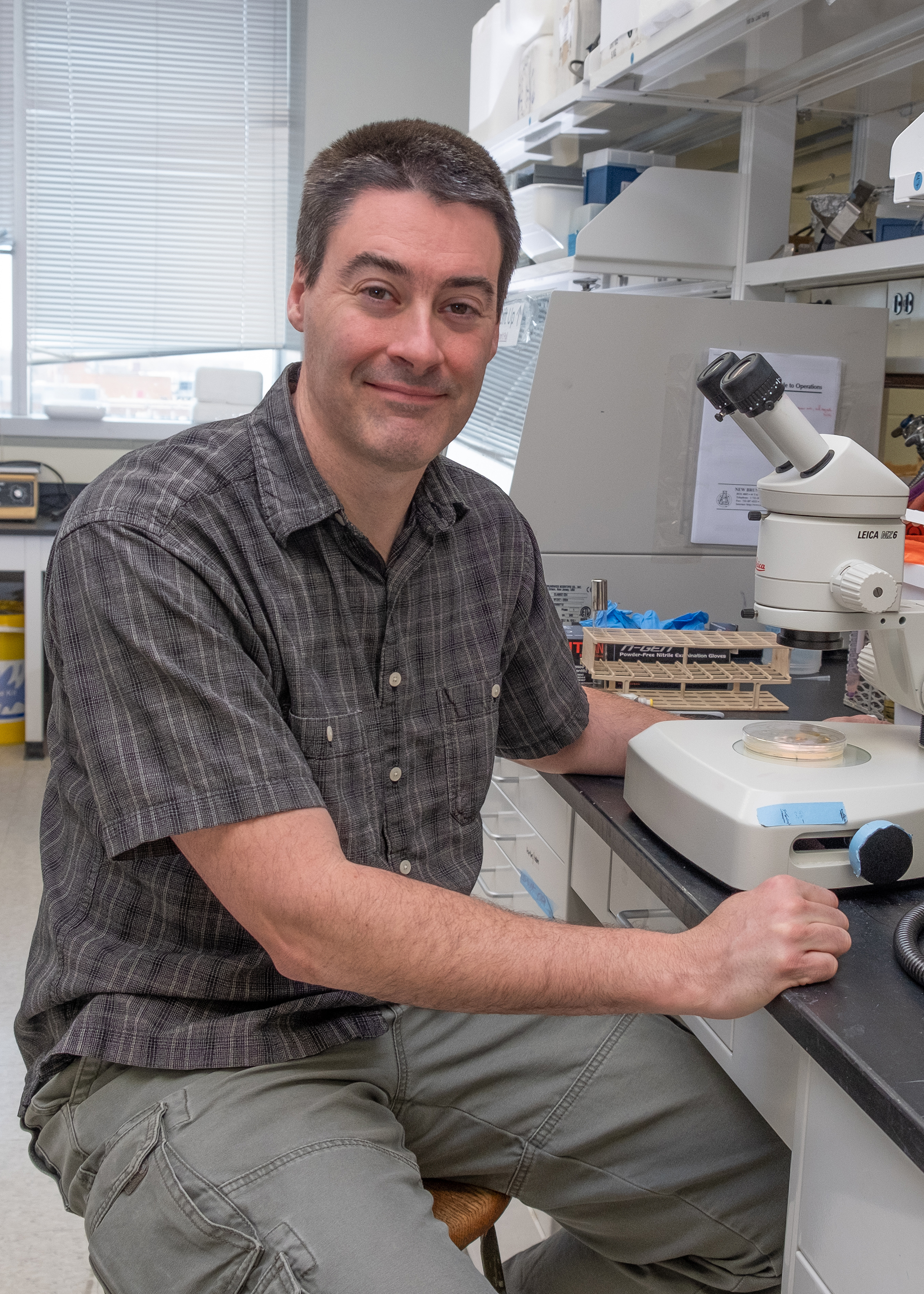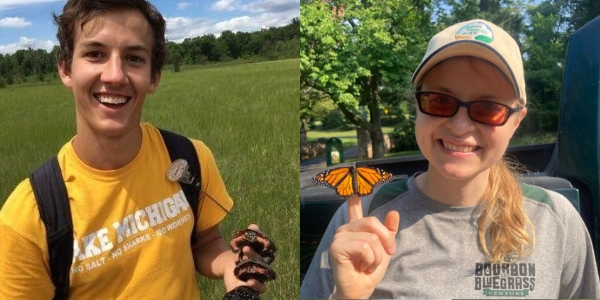$2.8 million NIH grant supports Chris Waters's cholera work
Uncovering the genetics behind a six-decade long cholera pandemic is being funded with a $2.8 million National Institutes of Health grant awarded to Chris Waters, professor of microbiology and molecular genetics and EEB faculty member. Waters, who has a joint appointment in the College of Natural Science and the College of Osteopathic Medicine, said the research into 36 genes key to the persistence of cholera aims to increase understanding of how bacterial pandemics surface as well as boost development of new viral therapies to treat bacterial infections.

Cholera is a waterborne disease that lives in the environment and infects humans. This disease kills about 100,000 people each year and can be found throughout the world with recent outbreaks in Haiti, Yemen and Ethiopia. A novel cholera pandemic emerged in 1961 and continues today.
“We want to figure out why a new cholera pandemic remerged and how it has persisted for the last 60 years,” Waters said.
Waters and colleagues sought to understand how 36 genes of unknown function acquired by the current cholera pandemic strain contribute to its emergence and persistence.
“These genes had never been seen in cholera before,” Waters said. “Up until recently, we didn’t know anything about them.”
One gene in particular discovered by Waters and his team was named DcdV. It's especially adept at defending cholera bacterium from cell-destroying therapeutic viruses called phages in that it hinders phages from replicating.
Understanding how DcdV prevents phages from multiplying may help researchers counter with the development of more effective phage therapy treatments for cholera as well as other antibiotic-resistant staph bacterial infections such as MRSA.
Read more in MSU Today.



